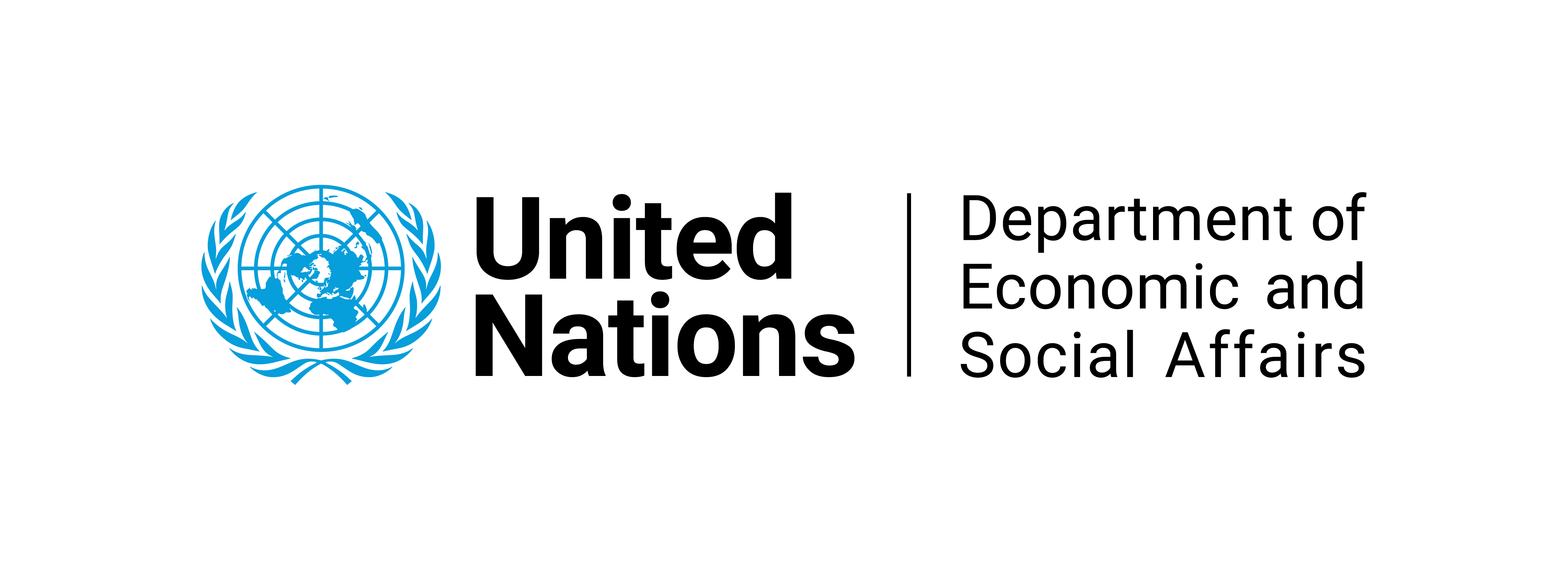7.12 Needs associated with the Sustainable Development Goals#
Comparable and harmonized official statistics are a powerful tool for implementing international policy frameworks which are increasingly evidence-based and come with a measurement framework. This is true for the 2030 Agenda for Sustainable Development. An NSO is often responsible for the compilation and reporting of SDG data, although this is not always the case as country practices on SDG data collection and coordination mechanisms vary. An NSO needs to put in place specific data management systems to collect data from all of its stakeholders in a standard format that are then reported – often via a specialised SDG data portal. The NSO must ensure interoperability of SDG data with all its international partners for the monitoring of progress on its SDG targets. An NSO may have the overall responsibility, but much of data may come from other NSS data producers.
The necessary monitoring of the many SDG indicators has brought to light many data gaps that conventional data collection methods cannot bridge. As a result, NSOs are increasingly engaging with other data producers within the official statistical system, and in the civil society, academia and the private sector, and are called to provide advice on methods to ensure high quality of statistics. This is also engaging NSOs in new tasks, and wider coordination of data flows on SDG indicators to provide easier access to data, but also to review the quality. Official statistics provide an independent and impartial means for assessing progress (or the lack of it!). An NSO needs to implement the necessary software systems and to work extensively with stakeholders in order to close any data gaps. For an NSO, such multi-stakeholder processes can be challenging and resource-heavy in their nature.
Agenda 2030 also brings opportunities for capacity building and a strategy to assist NSOs in addressing these challenges was developed by the HLG-PCCB and is at the centre of the Cape Town Global Action plan (CTGAP) for sustainable development data.
The Sustainable Development Goals have created a number of specific needs for an NSO associated with the production and use of the SDG indicators. As noted in the CTGAP, all NSS face the urgent need to adapt and develop in order to meet the widening, increasing and evolving needs of data users, including for the full implementation of the 2030 Agenda for Sustainable Development.
An NSO plays a key role in collecting, coordinating, validating as well as reporting, disseminating and communicating statistics for the SDGs.
This role includes the following tasks:
Identifying appropriate data sources and methodologies to produce the SDG indicators;
Compiling national statistics from NSOs and other stakeholders, including ministries and civil society organizations;
Data disaggregation of SDG indicators;
Verifying country data and metadata;
Ensuring international comparability;
Providing statistics to international agencies to help measure the progress on SDGs;
Analysing data and identifying data gaps and key trends;
Reporting data and metadata to the annual Sustainable Development Goals Report;
Designing and leading effective communication strategies for SDG statistics.
